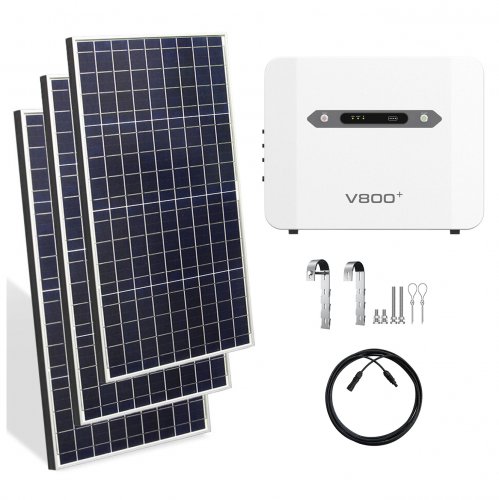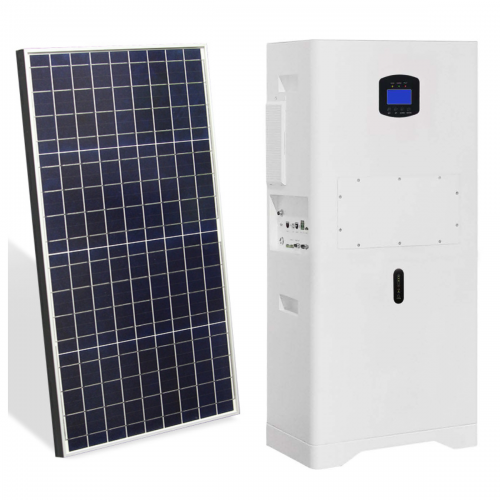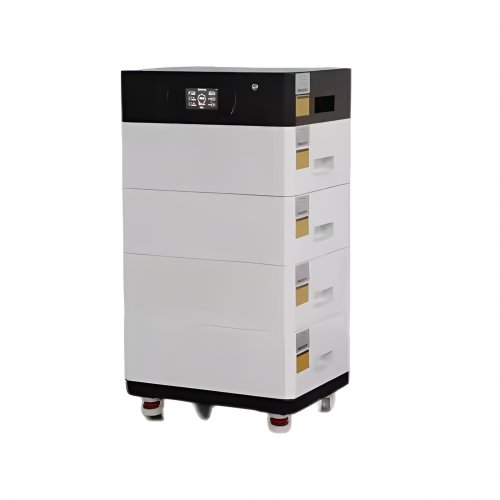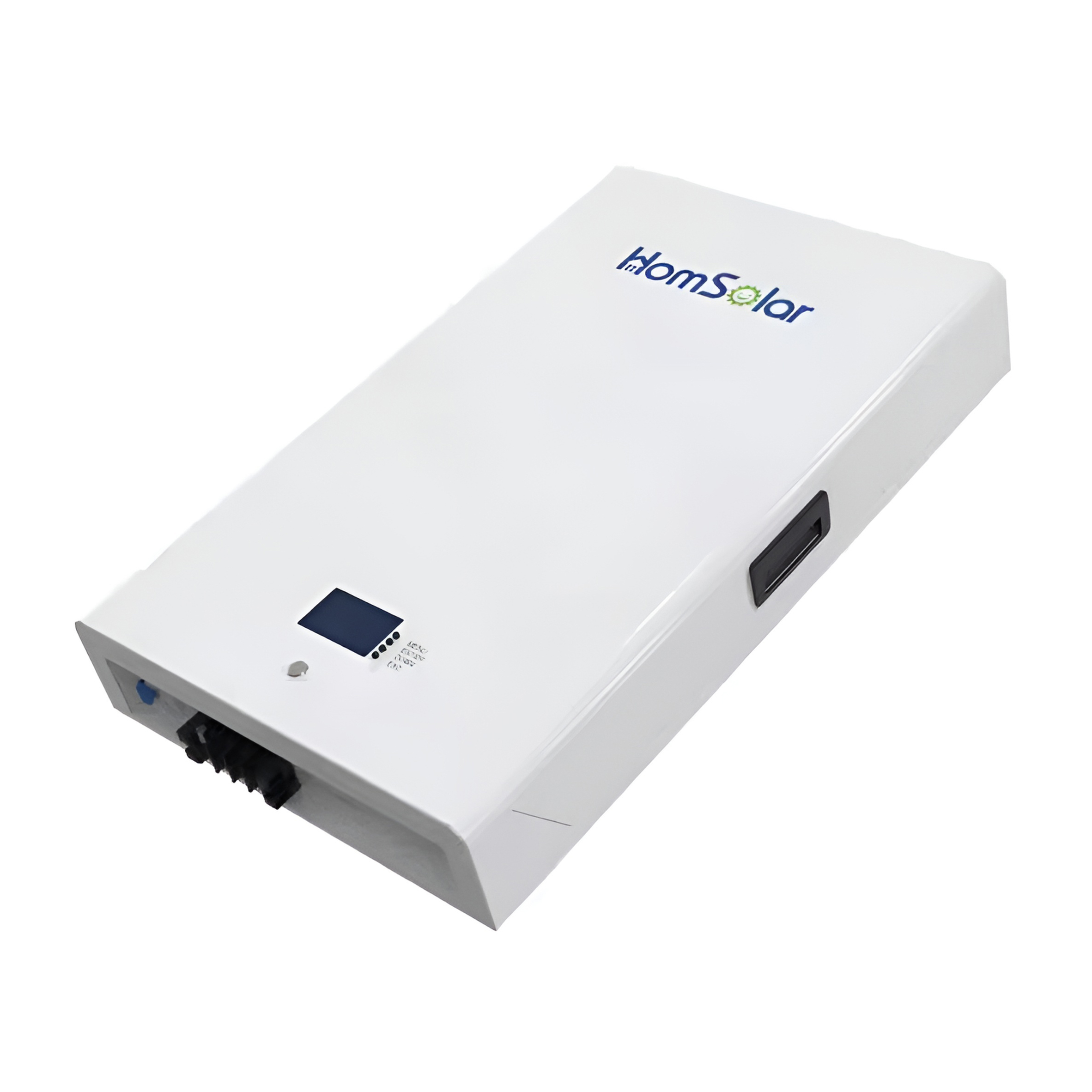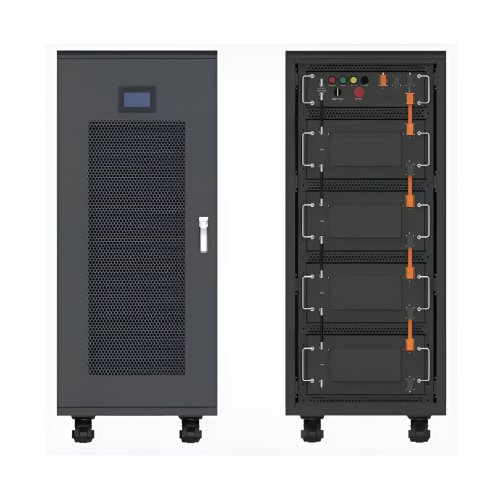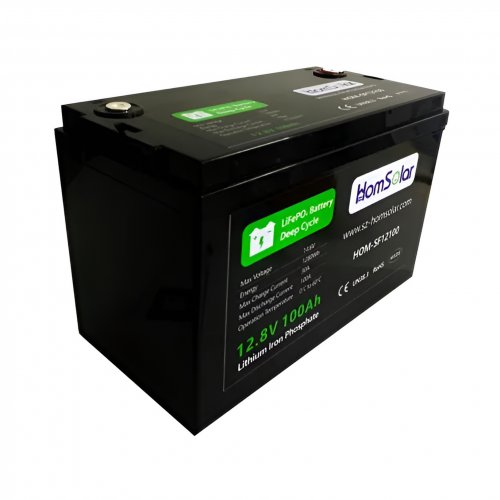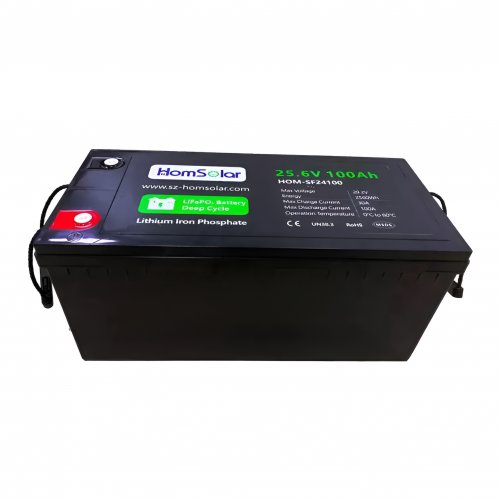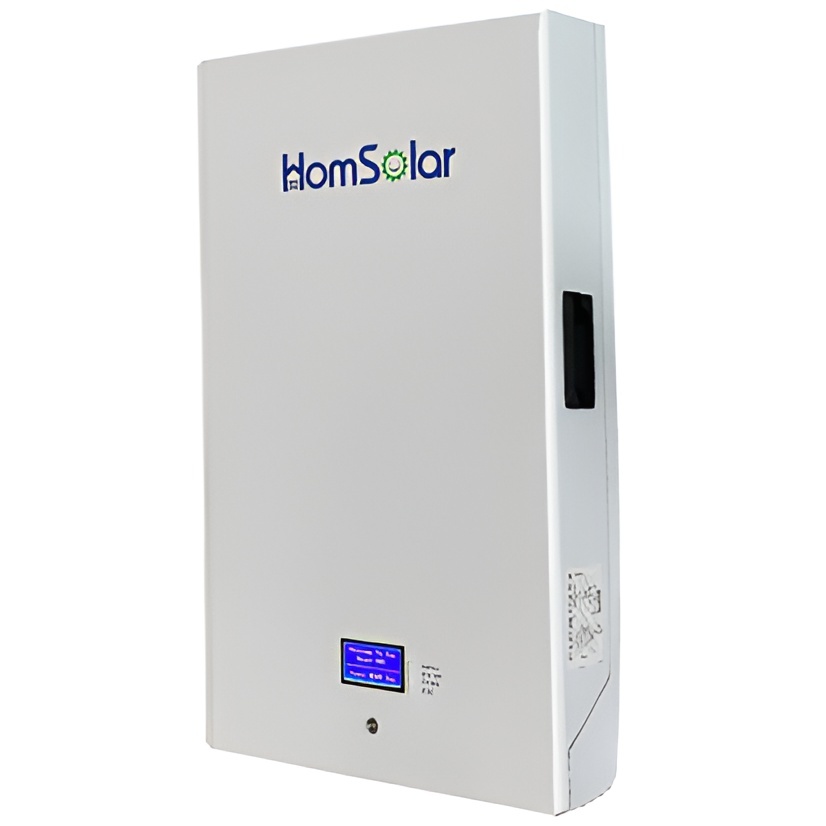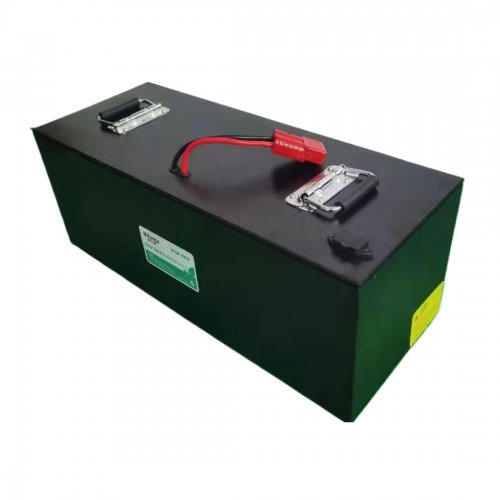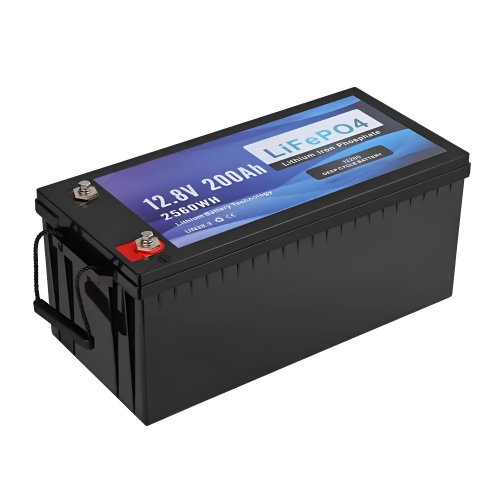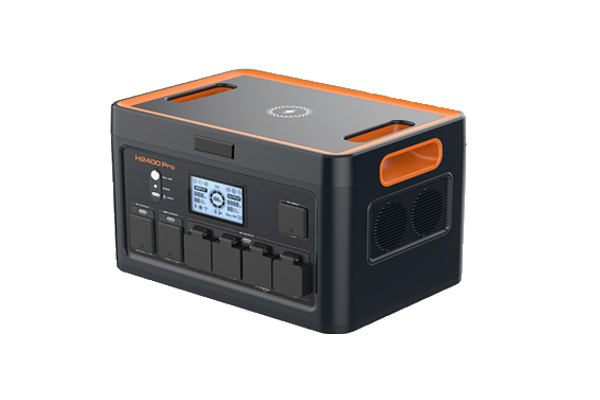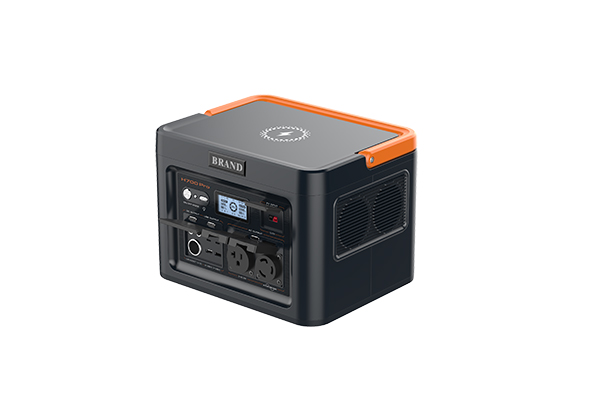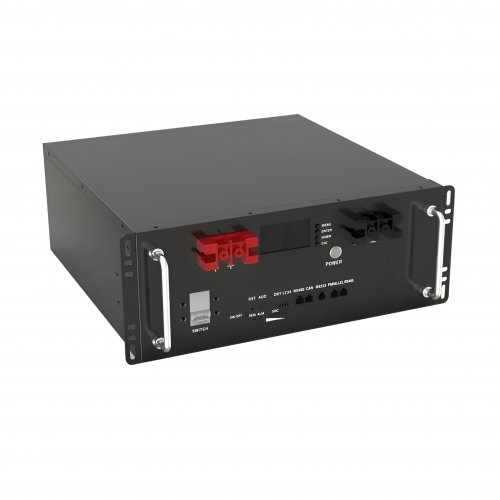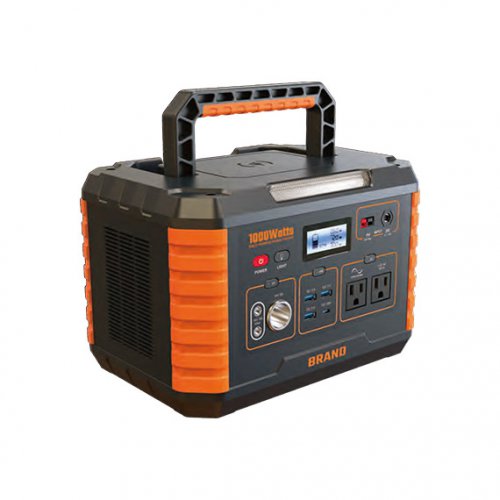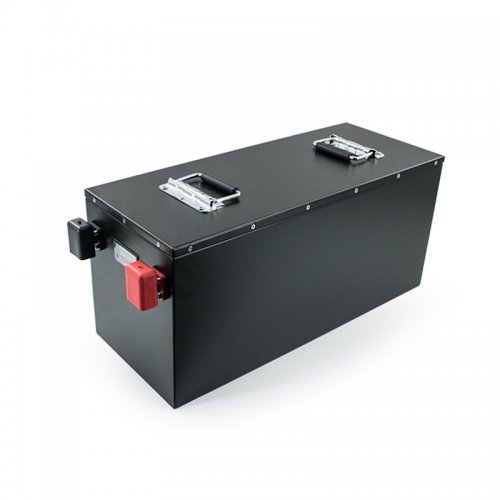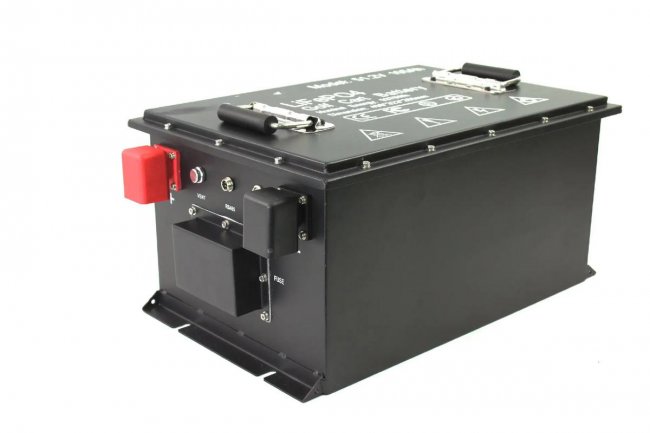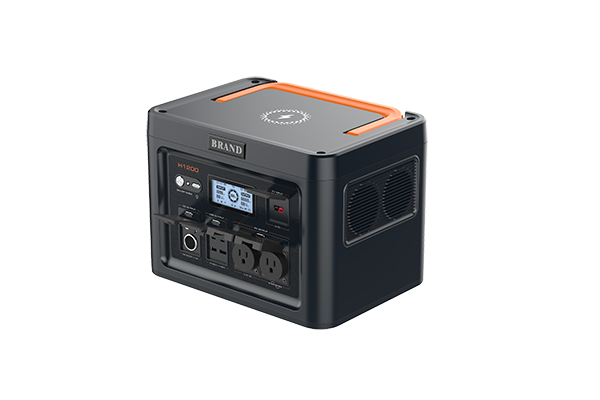From Brussels to Berlin: The rules on transparency and ethics for European lawmakers
Recent scandals have put the spotlight on MEPs' transparency, even though they already follow a strict code of conduct, updated in 2023, to prevent conflicts of interest — what's in it, and how does it compare with the norm in other EU countries?A fresh corruption probe linked to Chinese tech company Huawei, the findings of the French court debarring Marine Le Pen for embezzlement, and a Hungarian proposal to subject MEPs to disclosure obligations akin to their domestic counterparts. This string of recent headlines has put transparency and ethics affecting MEPs under the spotlight.
But here’s the twist: MEPs must follow a Code of Conduct packed with rules on transparency and lobbying ethics. So, what’s in it? And how does it compare to the norm in other EU countries?
Think of the Code of Conduct as the Parliament’s rulebook. First introduced in 2012 and refreshed in 2023, it’s designed to keep MEPs in check, ensuring they act with integrity, transparency, and honesty—all while safeguarding the institution’s reputation.
At its core, the Code is built on the principle that public service must be free from conflicts of interest, whether financial or familial. To uphold this, MEPs must keep their personal and professional interests separate and declare their private interests, assets, and any potential conflicts of interest.
For example, following the scandal in the European Parliament related to Qatari officials, MEPs must now declare any outside activities earnings that exceed €5,000 in a calendar year. But unlike in other countries, EU rules allow MEPs to have outside jobs, which has previously drawn criticism from NGOs and civil society organisations.
To further guarantee transparency, MEPs must also publish records of their meetings with lobbyists and officials from within or outside the EU, as well as any trips or events where their travel, accommodation, or other expenses are covered by third parties. This information is publicly available on their profile—except for their asset declarations, which remain private.
If an MEP receives a gift worth more than €150 while on official duties, it must be declared and recorded in a public register, which you can check for yourself if you're curious about what's in the Parliament's treasure room.
Of course, rules mean little without enforcement. MEPs who break the code could face sanctions from the President of the European Parliament — currently Roberta Metsola — which would then be publicly announced in a plenary session.
However, these rules vary at national level and members of different parliaments have their own set of rules on transparency, lobbying, and conflicts of interest. Euronews has looked at the situation in Hungary, Spain, Italy, France, and Germany. Here's a summary:
Hungarian draft law targets MEPsLast month, Hungary's ruling Fidesz-KDNP party proposed a new law that could subject MEPs to similar transparency rules as their domestic counterparts. This would mean a declaration of assets at the beginning and end of the mandate, and in between every year in January.
The declarations would extend beyond the MEP to include family members living in the same household, but while the former would be public, the latter would not have to be.
Such declarations must include property and vehicles, investments, any income or regular remuneration, and any position in a company or public, not-for-profit organisation.
The new draft law also stipulates that MEPs failing to comply with the new transparency disclosures could see their mandates revoked by the National Elections Office (NEO), and threatens to target opposition leader Péter Magyar, he claimed.
Spain’s rules for lobbyists aren't really workingIn Spain, for example, there is no register of lobbyists as exists on the European level, but both deputies and senators are obliged to publish their institutional agenda, including meetings with so-called “interest representatives”.
In practice, however, this ban does not prevent lobbyists from organising their meetings with MPs without leaving any trace, according to a recent report by the Spanish Parliament's Conflict of Interest Office.
Customized/OEM/ODM Service
HomSolar Supports Lifepo4 battery pack customization/OEM/ODM service, welcome to contact us and tell us your needs.


HomSolar: Your One-stop LiFePO4 Battery Pack & ESS Solution Manufacturer
Our line of LiFePO4 (LFP) batteries offer a solution to demanding applications that require a lighter weight, longer life, and higher capacity battery. Features include advanced battery management systems (BMS), Bluetooth® communication and active intelligent monitoring.

Customised Lithium Iron Phosphate Battery Casing
ABS plastic housing, aluminium housing, stainless steel housing and iron housing are available, and can also be designed and customised according to your needs.

HomSolar Smart BMS
Intelligent Battery Management System for HomSolar Energy Storage System. Bluetooth, temperature sensor, LCD display, CAN interface, UART interface also available.


Terminals & Plugs Can Be Customized
A wide range of terminals and plugs can be customised to suit the application needs of your battery products.

Well-designed Solutions for Energy Storage Systems
We will design the perfect energy storage system solution according to your needs, so that you can easily solve the specific industry applications of battery products.



About Our Battery Cells
Our energy storage system products use brand new grade A LiFePO4 cells with a battery lifespan of more than 4,000 charge/discharge cycles.



Applications in Different Industries
We supply customized & OEM battery pack, assemble cells with wiring, fuse and plastic cover, all the cell wires connected to PCB plug or built BMS.
Applications: E-bike, Electric Scooter, Golf Carts, RV, Electric Wheelchair, Electric Tools, Robot Cleaner, Robot Sweeper, Solar Energy Storage System, Emergency Light, Solar Power Light, Medical Equipment, UPS Backup Power Supply.
We can provide you with customized services. We have the ability to provide a vertical supply chain, from single cells to pack/module and to a complete power solution with BMS, etc.


HomSolar (Shenzhen) Technology Co., Ltd








